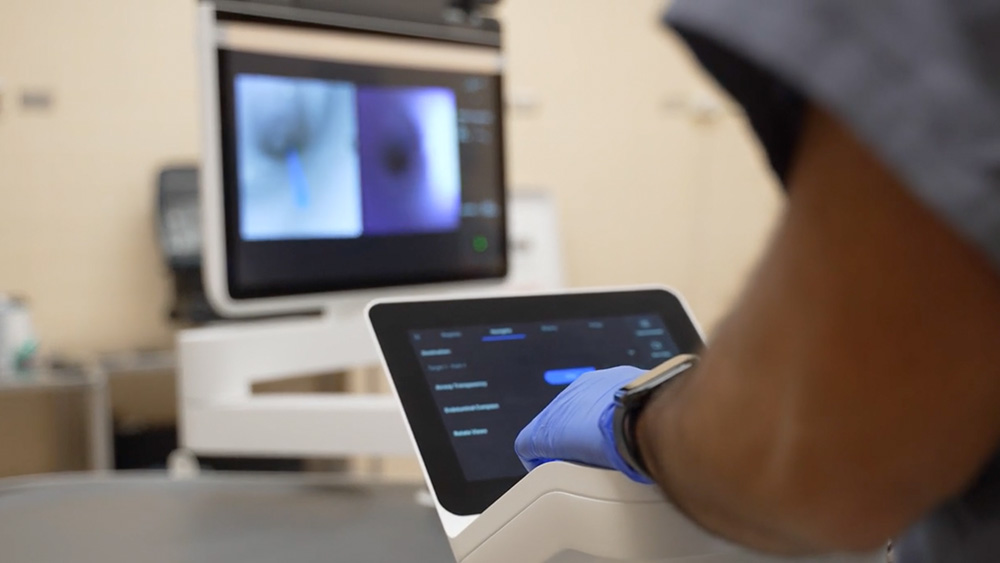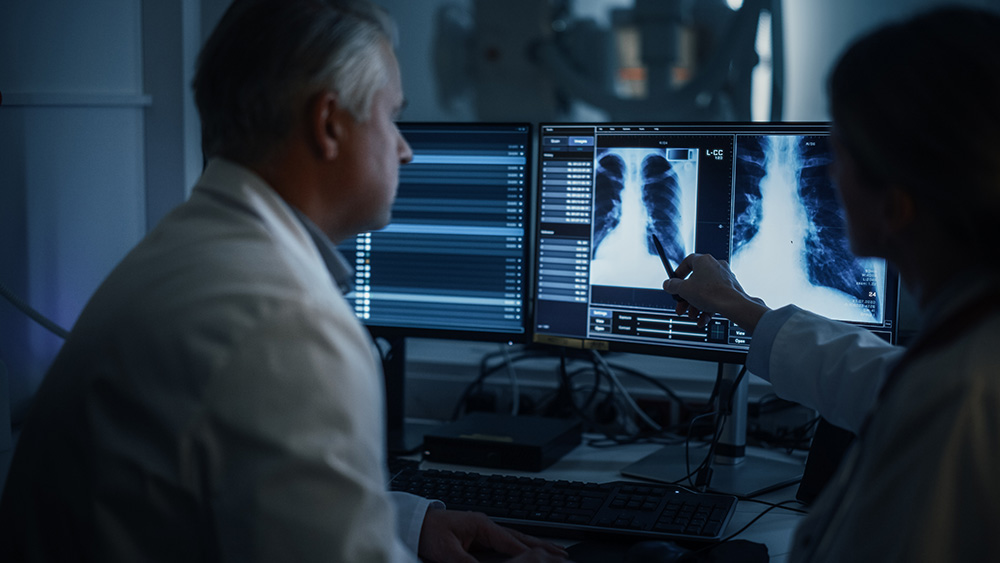Protect Your Health with Genetic Testing
Your genes can give you important clues about your cancer risk. Our cancer genetic screening services use advanced technology to help find inherited factors that might raise your chances of getting certain cancers. By learning about your genetic makeup, you can take steps to prevent cancer or catch it early.
Our Approach to Cancer Genetic Screening
Our mission is to empower you with the knowledge and support needed to manage your health. That’s why our cancer genetic screening program is designed to give you clear, actionable insights into your cancer risk.
Our team of experienced genetic specialists start by reviewing your family history and health background, to help you make an informed choice about whether genetic testing may be right for you. If you choose to move forward with genetic testing, our specialists will help you understand your results and develop a personalized plan to reduce your cancer risk and ensure you have access to the latest preventive care options.
Types of Hereditary Cancers
Some cancers can run in families due to inherited gene mutations. Our cancer genetic screening services focus on identifying these risks, so you can take steps to protect your health.
- Breast cancer
- Ovarian cancer
- Colorectal cancer
- Melanoma
- Pancreatic cancer
- Prostate cancer
Our Services & Treatments
Our cancer genetic screening services offer a thorough evaluation of your inherited risk for various cancers, empowering you to take proactive steps for your health and your family’s well-being.
- Genetic counseling: One-on-one guidance to help you understand your results and make informed health decisions
- Risk assessment: Detailed evaluation of your cancer risk based on genetic and family history
- Comprehensive genetic testing: Advanced testing to identify gene mutations linked to cancer
- Personalized preventive care strategies: Tailored recommendations for lifestyle changes, screenings, and preventive treatments
- Ongoing monitoring: Regular follow-ups to assess any changes and adapt your care plan as needed
- Clinical research opportunities: Access to cutting-edge clinical trials and research programs
- Family guidance and support: Counseling and resources to help family members understand their potential risks and take action
Frequently Asked Questions
Advances in cancer genetics in the last twenty years have given patients and their healthcare providers the opportunity to determine the increased likelihood of certain cancers. New genetic discoveries are influencing our understanding of cancer development, diagnosis, and treatment.
Genetic testing looks closely at your DNA to identify changes (mutations) you may have inherited that can be associated with genetic disorders, including cancer. About 10% of all cancers arise from inherited mutations, with breast, ovarian, colon, prostate, melanoma, and pancreatic cancers being the most common.
Knowing if you or your family members are at a higher risk for cancers gives you and your physician more information about how to better prevent, detect, and come up with appropriate treatment strategies.
Genetic counseling and testing may be helpful if you have:
- A personal or family history of cancer at an early age (typically 50 or younger)
- A personal or family history of a genetic mutation that increases your risk of cancer
- More than one blood relative with the same type of cancer
- A blood relative who had more than one type of cancer
Deciding on genetic testing is a personal choice. You can discuss it during your initial counseling session or later. Genetic counseling does not require genetic testing–individuals who receive genetic counseling may decide that testing is not right for them.
Most insurance plans cover the cost if you meet high risk criteria. Your provider will help you determine if you are a good candidate for testing, and if you meet your insurance's criteria for testing.
If you decide to pursue testing, your sample, personal and family history, and insurance information is sent to the testing laboratory so they can complete an insurance benefits investigation. They will then contact you to let you know your expected out-of-pocket costs, if any, and give you the opportunity to cancel your testing, if you'd like. We also have financial assistance options available.








